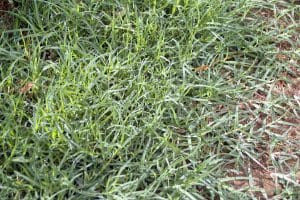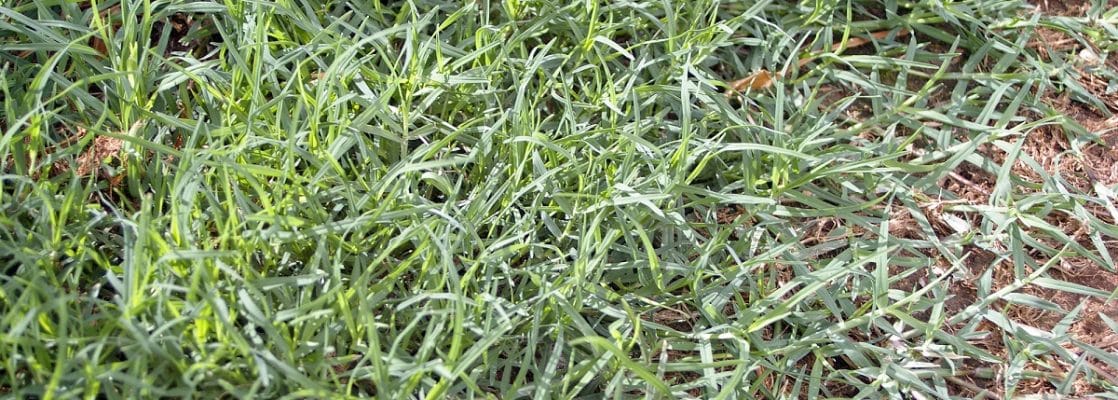Amazing Benefits of Bahama grass (Cynodon dactylon)
Bahama grass is a common name for Cynodon dactylon, a grass that is native to Europe, Africa, Australia and much of Asia. It is also known by many other names, such as Bermuda grass, couch grass, devil’s grass, dog’s tooth grass, and wiregrass
Bahama grass is widely used as a forage crop for livestock, as well as turf grass for lawns, golf courses, and sports fields. It is also used for erosion control, soil stabilization, and ornamental purposes. However, it can also be an invasive weed that competes with native plants and crops. It can cause allergies, skin irritation, and hay fever in some people and animals. It can also host pests and diseases that affect other plants
Bahama grass has some medicinal uses as well. It is used in traditional medicine to treat wounds, ulcers, inflammation, infections, and diabetes. It has antibacterial, anti-inflammatory, antioxidant, and antidiabetic properties. It also contains phytochemicals such as spilanthol, flavonoids, tannins, phytosterols, and saponins
Bahama grass is a versatile and adaptable plant that has many benefits and drawbacks. It is important to manage it properly and prevent its negative impacts on the environment and human health.
The Healing Properties of Bahama Grass
Some of the main chemical compounds found in Bahama grass are:
- Spilanthol: This is an olefinic alkylamide that gives Bahama grass its numbing and tingling sensation in the mouth. It also has analgesic, anti-inflammatory, antifungal, and antibacterial effects. Spilanthol is mainly concentrated in the flowers and buds of Bahama grass.
- Flavonoids: These are polyphenolic compounds that have antioxidant, anti-inflammatory, and anticancer properties. Flavonoids are found in the leaves and stems of Bahama grass and include quercetin, kaempferol, and rutin.
- Tannins: These are phenolic compounds that have astringent, antidiarrheal, and antimicrobial effects. Tannins are also found in the leaves and stems of Bahama grass and include gallic acid, ellagic acid, and catechin.
- Phytosterols: These are plant-derived sterols that have cholesterol-lowering and anti-inflammatory effects. Phytosterols are found in the seeds and oil of Bahama grass and include beta-sitosterol, stigmasterol, and campesterol.
- Saponins: These are glycosides that have detergent, emulsifying, and foaming properties. Saponins are also found in the seeds and oil of Bahama grass and have antifungal, antiviral, and immunomodulatory effects.
- Terpenes: These are volatile organic compounds that have aromatic and flavouring properties. Terpenes are found in the essential oil of Bahama grass and include limonene, myrcene, and pinene.
These chemical properties of Bahama grass make it a potential source of biofuels, bioproducts, and medicines. However, they also make it a challenging substrate for bioconversion, as they can interfere with the enzymatic hydrolysis and fermentation of the carbohydrates in the grass. Therefore, pretreatment and modification of the aromatics are necessary to improve the bioconversion efficiency of Bahama grass

Medicinal Benefits of Bahama grass (Cynodon dactylon)
Bahama grass (Cynodon dactylon) is a type of grass that has medicinal benefits for various health conditions. Some of the reported benefits are:
- Antimicrobial: Bahama grass has been shown to have antibacterial and antifungal activities against several pathogens, such as Staphylococcus aureus, Escherichia coli, Candida albicans, and Aspergillus niger.
- Anti-cancer: Bahama grass has been found to have anti-proliferative and apoptotic effects on human cancer cell lines, such as breast, colon, lung, and prostate cancers.
- Anti-inflammatory: Bahama grass has been demonstrated to have anti-inflammatory and analgesic properties in animal models of inflammation and pain, such as carrageenan-induced paw oedema, acetic acid-induced writhing, and formalin-induced nociception.
- Anti-diabetic: Bahama grass has been reported to have hypoglycemic and hypolipidemic effects in diabetic rats, by reducing blood glucose, serum cholesterol, and triglyceride levels, and increasing insulin secretion and sensitivity
How to Use the Bahama grass for Medicinal Purposes
some ways to use Bahama grass for medicinal purposes:
- Tea: You can make tea from the fresh or dried leaves and flowers of Bahama grass. To prepare the tea, boil one cup of water and add one teaspoon of Bahama grass. Steep for 10 minutes and strain. You can drink the tea two to three times a day to treat wounds, ulcers, inflammation, infections, and diabetes. You can also gargle with the tea to relieve toothache, sore throat, mouth ulcers, and gum infections.
- Tincture: You can make a tincture from the fresh or dried leaves and flowers of Bahama grass. To make the tincture, fill a glass jar with Bahama grass and cover it with vodka or another alcohol. Seal the jar and store it in a dark place for four to six weeks. Shake the jar every day. After the steeping period, strain the liquid and store it in a dark bottle. You can take 10 to 20 drops of the tincture three times a day to treat the same conditions as the tea.
- Poultice: You can make a poultice from the fresh or dried leaves and flowers of Bahama grass. To make the poultice, crush or grind Bahama grass and mix it with water to form a paste. Apply the paste to the affected area and cover it with a cloth or bandage. Leave it for 15 to 20 minutes and then wash it off. You can use the poultice to treat skin wounds, pressure sores, and infected surgical wounds.
- Oil: You can use the oil extracted from the plant for flavouring chewing gum, candy, or food. It has a similar effect as menthol or eucalyptus. It can also be used as a massage oil to relieve pain and inflammation.
Some of the Possible Side Effects of Bahama grass
- It may cause allergic reactions in some people, such as skin rash, itching, swelling, or difficulty breathing. If you have any of these symptoms, stop using Bahama grass and seek medical attention
- It may interact with some medications, such as lithium, which is used to treat bipolar disorder. Bahama grass may have a diuretic effect, which means it can make the body lose water and increase the amount of lithium in the blood. This can lead to serious side effects, such as nausea, vomiting, tremors, confusion, or seizures. If you are taking lithium, consult your doctor before using Bahama grass
- It may lower blood pressure, which can be beneficial for people with hypertension, but it can also cause problems for people with low blood pressure or heart conditions. Bahama grass may act as a vasodilator, which means it can widen the blood vessels and improve blood flow. However, this can also lower blood pressure too much and cause dizziness, fainting, or irregular heartbeat. If you have low blood pressure or heart problems, be careful when using Bahama grass
Please feel free to contact us for more information and a talk with the naturalist.

